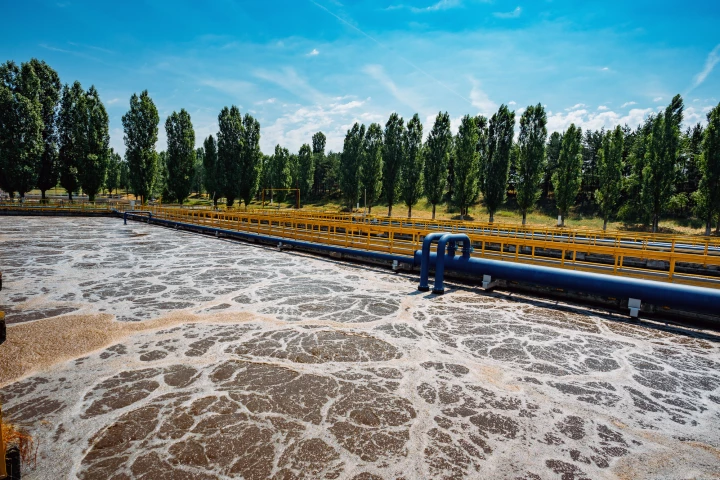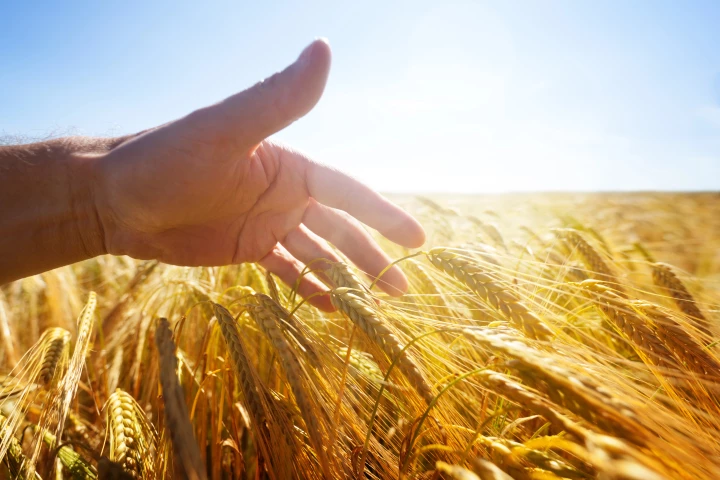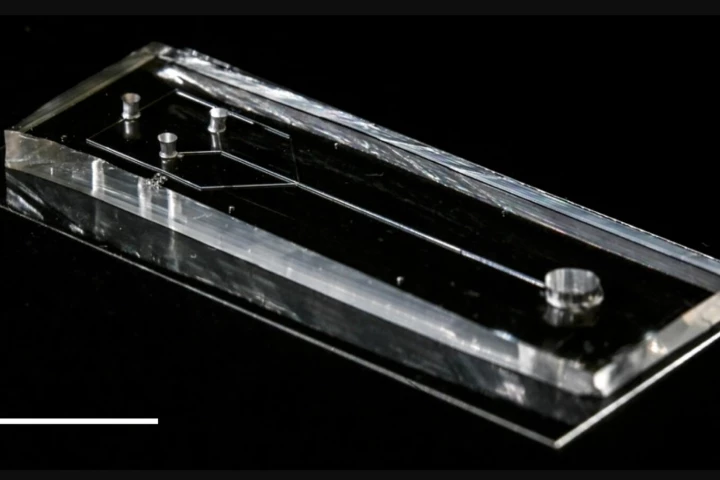Sustainable
-
You won't need a green thumb, floor space or any serious commitment in order to create a thriving indoors oasis with this functional vertical garden. And you also won't need a lot of spare cash either, with the whole kit coming in at around $85.
-
While clay is widely used to build basic structures such as huts, we typically don't see it being utilized in large-scale construction projects. That could soon change, however, thanks to a recently developed process known as impact printing.
-
Your boots may soon have a tropical touch, with a breakthrough in using pineapple leaves to make a strong, 100% natural, sustainable leather. It comprehensively outperformed mushroom leather, and has serious potential for scalable, commercial use.
-
If you think these bricks look so simple even a robot could build a house with them, you'd be right. Plaex, the startup behind them, sees an automated construction industry in our near future, where materials will adapt to suit a new robotic workforce.
-
A luxury superyacht is the testbed for green hydrogen technology as the ship, formally known as Project 821, is put in the water at Feadship's Amsterdam base. It's the largest motor yacht ever launched in the Netherlands.
-
The Princeton Plasma Physics Laboratory (PPPL) hits a new fusion reactor endurance record that could open the door to practical fusion power on a commercial scale. Using a tungsten lining, the WEST reactor held a reaction for six minutes.
-
It's super-sustainable, easily made and nutrient-dense. And it puts all other food production to shame. Now, the first air-protein factory is open. It's the food of the future, and soon a $100 million industry – but will you be putting it on your plate?
-
A simple, cheap pretreatment promises to radically cut the price of sustainable aviation fuel (SAF) made from waste wood biomass – potentially making it cost-competitive with fossil-based jet fuel, while cutting down emissions by up to 80%.
-
Researchers have developed a simplified, sustainable method of converting sewage sludge from wastewater treatment into high-value activated carbon that can be used in a wide range of industrial and residential applications.
-
Herbicides were once touted as ‘miracle’ chemicals, but their days may be numbered as researchers work on targeted SynComs, microbial sharp-shooters that can take out weed infestations, enrich soil and, importantly, are safe for us and the environment.
-
Scientists believe lightweight, ultra-strong and flexible spider silk is now one step closer to commercial use thanks to a deceptively complex 'box' that can spin nature's wonder fiber in a "spontaneous, extremely rapid, and highly reproducible" way.
-
For centuries, shipworms have vexed mariners by boring into – and consuming – the hulls of wooden ships and boats. Soon, though, we may actually be eating those "worms," as they have successfully been farmed for the first time.
Load More











